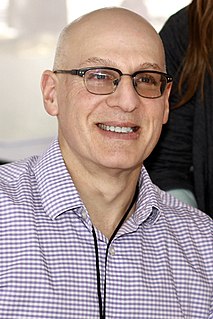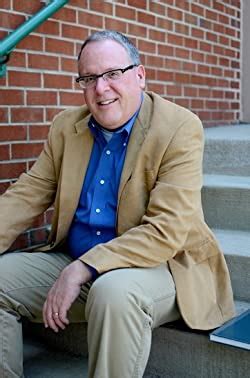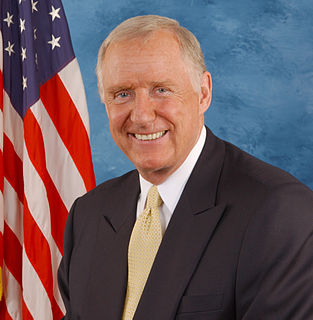A Quote by Jenny McCarthy
Without a doubt in my mind, I believe that vaccinations triggered Evan's autism.
Related Quotes
I am the father of a 9 year-old son whose descent into the world of autism began at the age of 7 months old after receiving numerous vaccinations in a single day; the same story that is told by thousands of other parents of children throughout the country whose healthy, normally developing children have become autistic after vaccinations.
Those who say they believe in God and yet neither love nor fear Him, do not in fact believe in Him but in those who have taught them that God exists. Those who believe that they believe in God, but without any passion in their heart, any anguish of mind, without uncertainty, without doubt, without an element of despair even in their consolation, believe only in the God-idea, not in God.
I think one of the problems with the definition of autism is we keep expanding it. It started as "early infantile autism", and then it became "autism", and now it's "autism spectrum disorder". I'm not opposed to that from the standpoint of trying to broaden our vistas, and so forth. But from a research point of view, the term autism is lost in specificity.
I think that if I could do any sort of research of autism that I wanted to do, at this point I would take a sample of classic, early infantile autism persons and compare them with what I call "classic late onset autism", individuals. I think we will find that the cause of those youngsters with autism who have autism from birth is probably different than those who have late onset autism.
Who's that new guy with the snooty accent who came out and talked to the police?" Evan persisted. "He looks like some kind of male model." "That's just my cousin Ian," Amy explained. "Not much of a family resemblance," Evan noted sourly. "He's like a twenty-fifth cousin, ten times removed." Evan was not satisfied.
What do we know about autism in 2013? Autism symptoms generally emerge before age three and usually much earlier, often as language delays or lack of social engagement. Recent research suggests that autism can be detected during the first year of life, even before classic symptoms emerge. Indeed, the symptoms may be a late stage of autism.
Doubt is most often the source of our powerlessness. To doubt is to be faithless, to be without hope or belief. When we doubt, our self-talk sounds like this: 'I don't think I can. I don't think I will.'... To doubt is to have faith in the worst possible outcome. It is to believe in the perverseness of the universe, that even if I do well, something I don't know about will get in the way, sabotage me, or get me in the end.








































